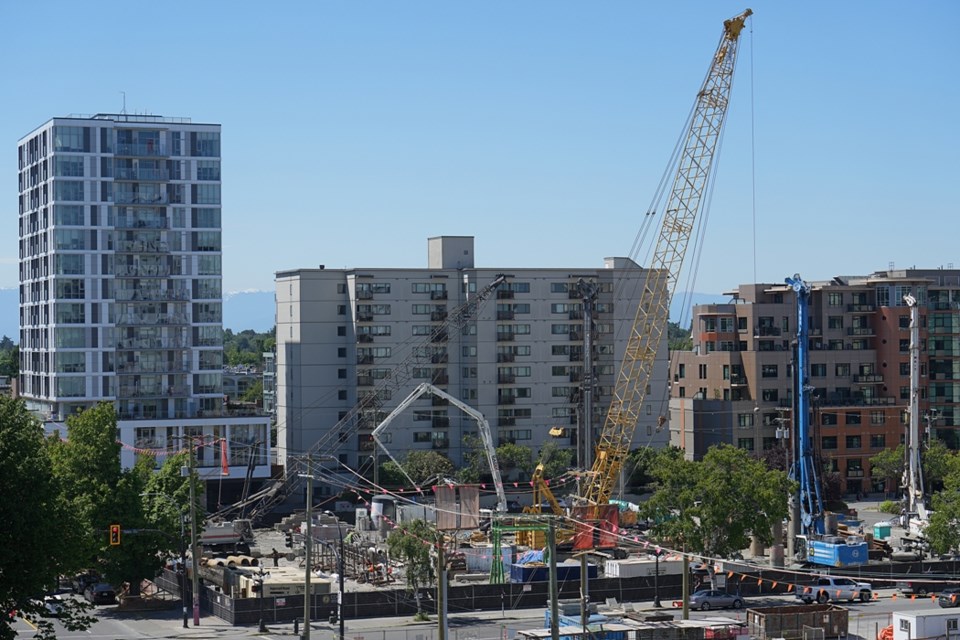The British Columbia government is loosening the rules for payment of development fees in a bid to jump start home construction that has been hampered by upfront costs.
Housing Minister Ravi Kahlon says among the biggest changes will be more flexible and extended payment timelines for homebuilders, so instead of paying development fees up front, they will pay 25 per cent at permit approval and 75 per cent when the building is occupied.
Developers will also have four years, rather than two, to pay the charges, in rule changes that Kahlon says are needed because the current market conditions have stalled projects in the province.
While some municipalities want letters of credit from a bank as a promise the work will be done, that can restrict a developer's access to credit, so the government will also change the regulations provincewide to allow for the financial guarantee of on-demand surety bonds.
Kahlon says the rule changes could mean the difference between some housing projects moving ahead or not happening at all, due to high construction costs and interest rates that create financial burden for builders.
Anne McMullin, president of the Urban Development Institute, says the requirement to pay development fees upfront has become increasingly onerous for builders, especially as fees rise and access to capital tightens.
"By shifting payment to occupancy, the provincial government is enabling more projects to move forward," she told a news conference on Wednesday.
In June, Vancouver-based Wesgroup Properties president Beau Jarvis said in a post on social media that the company had to lay off employees in what was a reflection of the broader realities facing the industry, with housing projects across the country being cancelled or delayed because they are no longer viable.
Jarvis said they were also delivering homes that people couldn't afford to purchase.
"I will say it again — This is a cost-of-delivery crisis," he said on LinkedIn.
Kahlon said those were exactly the type of concerns for homebuilding that the B.C. government is trying to address.
"It means housing will be built faster and cheaper in our communities," Kahlon said. "And these kind of solutions sound maybe not as grand, but they are significant in the sense that they will make the difference between projects happening and projects not happening."
This report by The Canadian Press was first published July 2, 2025.



